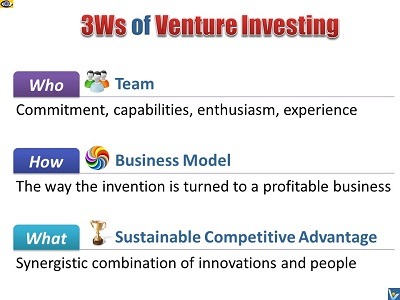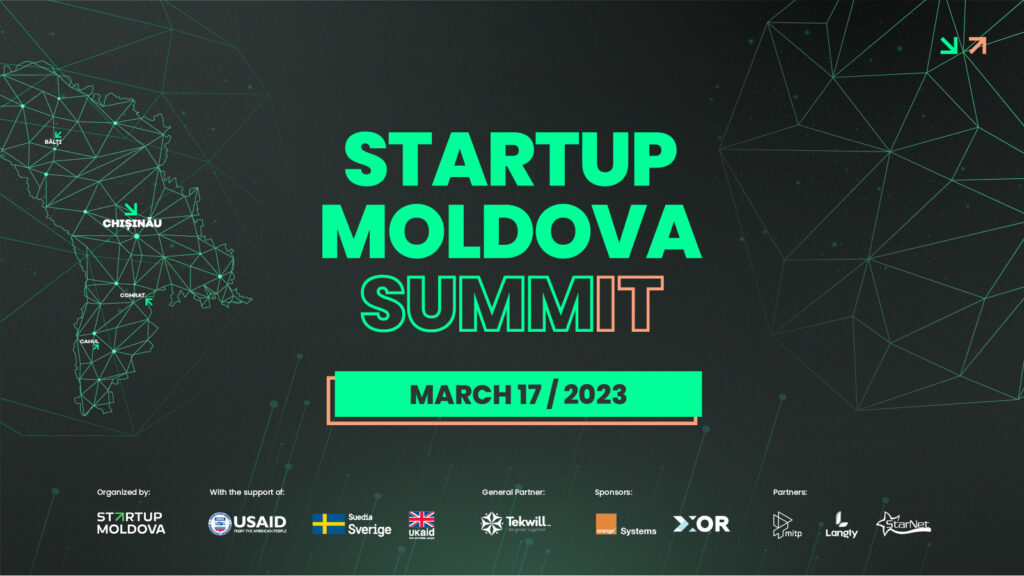On December 7th at 6:00 PM, Startup Moldova hosted a workshop featuring Vladimir Gidirim, a prominent figure in the world of investments and venture capital. This event, a satellite session of the Alternative Funding Conference, focused on startups and small and medium-sized enterprises (SMEs). Vladimir Gidirim, a former partner at Deloitte and Ernst & Young, and a seasoned investor in tech assets, shared valuable insights into the decision-making processes of venture capitalists (VCs) and the intricacies of venture capital investment. Venture capital (VC) is a vital funding source for startups and growing businesses. In this article, we’ll delve into the technical aspects of VC, drawing from insights shared during Vladimir Gidirim’s workshop.

Fund’s Thesis:
- A fund’s thesis includes its name, size, and stage of operation.
- The geographical location of the management team.
- Specific areas of market, industry, and sector focus.
- The unique factors that distinguish a fund.
Portfolio Construction & Management:
- The power law principle emphasizes that a small percentage of deals generate most returns.
- Modeling considerations involve factors like fund size, check size, target ownership, and the number of companies.
- Portfolio management includes strategies for follow-on investments, secondaries, early exits, and capital recycling.


Investment Criteria:
- Investment stages cover pre-seed, seed, growth, and late-stage.
- Considerations regarding whether a company is pre or post-revenue.
- Growth metrics such as revenue, ARR, and user base.
- Valuation benchmarks and evaluation of product-market fit.
- The potential value that VCs can add to startups.
- Fund Performance Metrics:
- Key metrics at the fund level include TVPI, DPI, RVPI, and IRR.
- Gross and net return multiples are assessed at the LP level.
- Investment-level metrics, including MOIC (multiple on invested capital).
- Decision-Making Processes:
- Due diligence involves evaluating product, technology, market, team, compensation structures, and legal/IP aspects.
- Valuation considerations for bridge rounds and priced investment rounds.
- Voting mechanisms, including unanimous and majority voting, and veto rights.
- Investment terms, including common and preferred stock, liquidation preferences, protective provisions, and option pools.
- Legal, accounting, and tax considerations in fund structuring.
- Exit Strategies:
- Discussion of various company exit types, including IPOs, trade sales, M&As, asset sales, and write-offs.
- Partial exits, secondary deals, and LP exits.
- Considerations for founder and angel investor exits.
- Raising a Next Fund:
- Evaluating the performance of the current fund, considering metrics like TVPI, DPI, and IRR.
- Defining the thesis for the next fund, including size, stage, and geography.
- Timing for raising the subsequent fund and the role of syndicated deals.
In conclusion, whether you’re an entrepreneur seeking VC funding or an investor navigating the VC landscape, these technical aspects are crucial to understanding the world of venture capital.
Appendix: self-study materials
Angellist
Fundersclub
Foresight VC
Venture Deals
NVCA
Y Combinator
GoVC Lab
Seraf Investor

